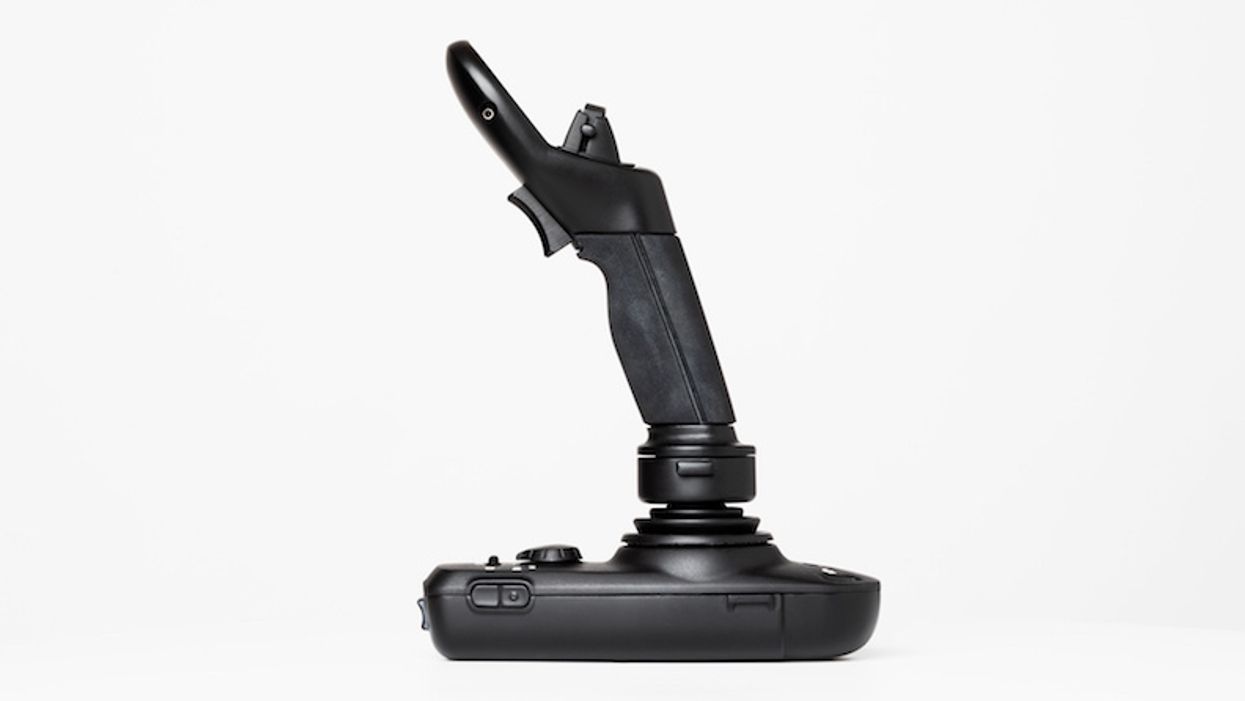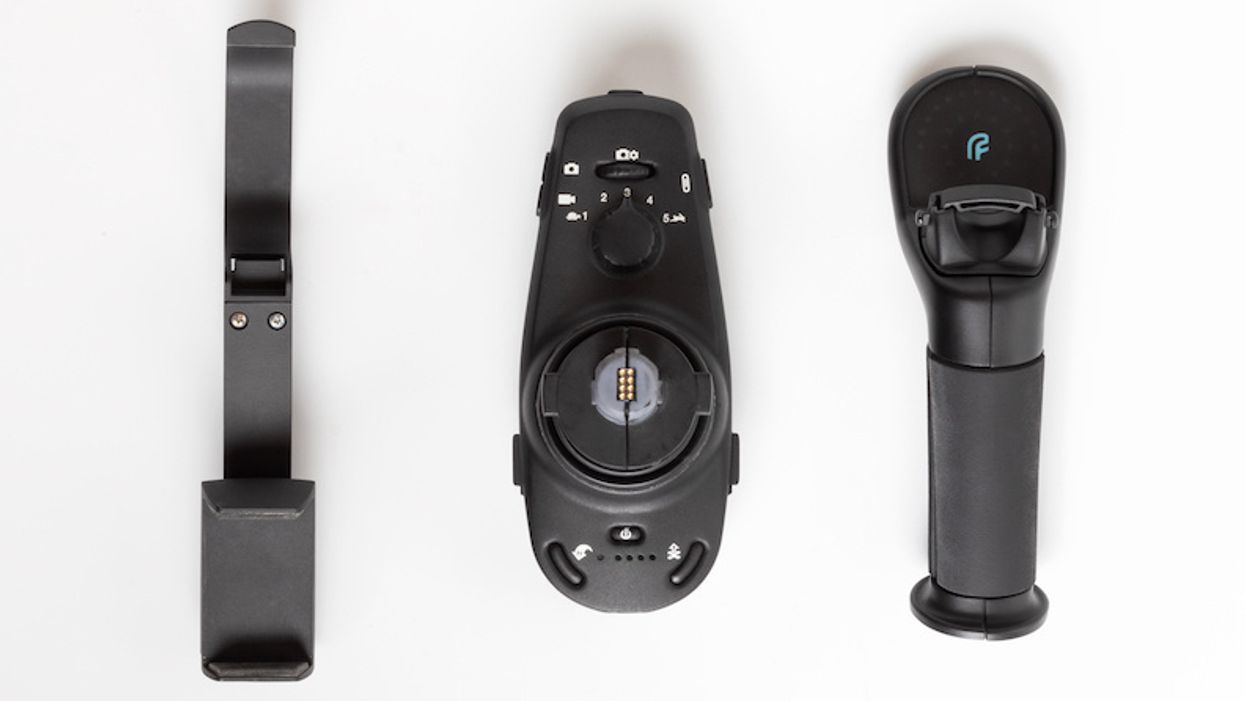Plenty of Houstonians, SXSW badge in hand, will be headed to Austin to network, learn, and share the stage with the rest of the festivals attendees. While InnovationMap has highlighted a few of the faces to be on the lookout for this weekend, here's a roundup of 10 events that have a Houston speaker or participant.
3/8 — Featured Session: Opening Speaker, Brené Brown
SXSW is starting right out of the gate with a Houstonian. Brene Brown, a research professor at the University of Houston, will be the keynote address. Her thoughtful talk will focus on community and one's sense of belonging.
The SXSW keynote address will be at 11 am on Friday, March 8, at the Austin Convention Center. Learn more.
3/8 — Hysteria No More: Data, Doctors and Women’s Health
Gone are the days that medical professionals dismiss women's health concerns as "hysteria," but there's still room for improvement on the matter. Three ob/gyns will talk about new ways women are finding health care solutions outside the doctor's office.
Rashmi Kudesia, physician at CCRM Fertility Houston, is one of the panelists, which occurs on Friday, March 8, at the JW Marriott. Learn more.
3/8 — Equitable Growth Ecosystems for Entrepreneurs panel
The country has an equity problem — especially when it comes to startups and funding. Nationally, venture capital funds are not distributed in a way that represents the populations diversity, so how does the industry right the course?
Grace Rodriguez of Impact Hub Houston is among the panel that will discuss this at 3:30 pm on Friday, March 8, at the Hilton Austin Downtown. Learn more.
3/9 — Austinpreneur: The Texas Startup Manifesto
Texas is among the growing innovation ecosystems in the world, but there's plenty of untapped potential. This Capital Factory panel will focus on taking Texas to the next level.
Lawson Gow, founder and CEO of The Cannon, will be a panelist at the event, which begins at 11 am on Saturday, March 9, at the Hilton Austin Downtown. Learn more.
3/9 — Startup Funding: From Apprenticeships to Professions
Venture capitalism has changed tenfold since its start. Looking back on the history of early stage funding can help predict where it's going — from Silicon Valley to every corner of the world.
Station Houston CEO Gabriella Rowe is on the panel, which will take place at 12:30 pm on Saturday, March 9, at the Hilton Austin Downtown. Learn more.
3/9 — Making the Fight Against Cancer Even More Personal
No one loves discussing cancer, but there's a large group of scientists who have to daily and they develop new technologies and innovations to help discover a cure for the deadly affliction.
James Allison, researcher at the University of Texas MD Anderson Cancer Center and 2018 Nobel Prize recipient, will be on the panel discussing ways to innovate within cancer research. The program starts at 5 pm on Saturday, March 9, at the JW Marriott. Learn more.
3/10 — SXSW Pitch Presented by Cyndx Awards Ceremony
Two Houston startups are competing for an award in the 11th annual SXSW Pitch Event. Fluidity Technologies will be presenting as its drone controller, FT Aviator, in the Hyper-Connected Communities category on Saturday, March 9, at 5 pm, and Zibrio SmartScale, which is in the Health and Wearable category, will present on Sunday, March 10, at 5 pm.
The pitch awards will take place at 6:30 pm on Sunday, March 10, at the Hilton Austin Downtown. Learn more.
3/11 — Tech Diversity Report Card 2019
Is diversity and inclusion basically just a myth in technology? Is it something that's attainable at this point, and what can the industry do to make that happen? A group of panelists discuss based on their experience and observations.
Heidi Hoover, head of office at Houston-based Flanders Investment & Trade, will be a member of the panel, which occurs on Monday, March 11, at 5 pm, at Capital Factory. Learn more.3/11 — Angel Investor Meetup
Calling all acting and aspiring investors — it's time to rally. Two Texas investors are gathering the troops to discuss trends and opportunities in the state's — and the world's — investment sector.
Samantha Lewis of Houston-based GOOSE Society of Texas will be one of the hosts of the meetup, which takes place on Monday, March 11, at 5 p.m, at the Fairmont Hotel. Learn more.
3/12 — AI & IoT Panel and Emerging Company Showcase
Houston-based Baker Botts and Global Corporate Venturing are setting the stage for emerging tech companies to shine. The event includes a panel, a showcase, and an evening of networking.
James McKell, of Chevron Technology Ventures, is representing Houston on the panel, which begins at 2 pm on Tuesday, March 12, at Hotel Van Zandt. Learn more.
Honorable mentions
- Houston-based PolyVascular is one of 12 finalists in the Impact Pediatric Health startup competition, which takes place all day on Friday, March 8. Chester Koh of Texas Children's Hospital is one of the judges for the event.
- Accenture will host its Experience Cantina all weekend with interactive displays and more information on their innovation hubs — one of which is in downtown Houston.
- The "Corporations are Failing to Innovate, or Are They?" panel will feature a panelist with a Houston tie. Emily Keeton, who is the global head of M&A WeWork, was a cofounder of Station Houston. The panel is Monday, March 12, at 12:30 pm.
- Houston-based HATCH Pitch will host its pitch competition in Austin on Monday, March 12, at 10 am. You can also watch it via streaming.
- The Titan Generator taking place all day on Saturday, March 10, will feature Impact Hub Houston.
- Prairie View A&M University's dean of the Roy G. Perry College of Engineering, Pamela Holland Obiomon, "Investing in the Black Women's STEM Pipeline," which is at 11 am on Saturday, March 10.

















 Apple doubles down on Houston with new production facility, training center Photo courtesy Apple.
Apple doubles down on Houston with new production facility, training center Photo courtesy Apple.